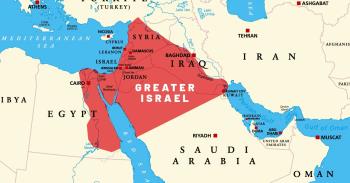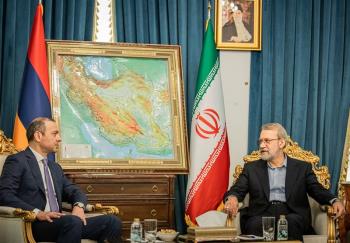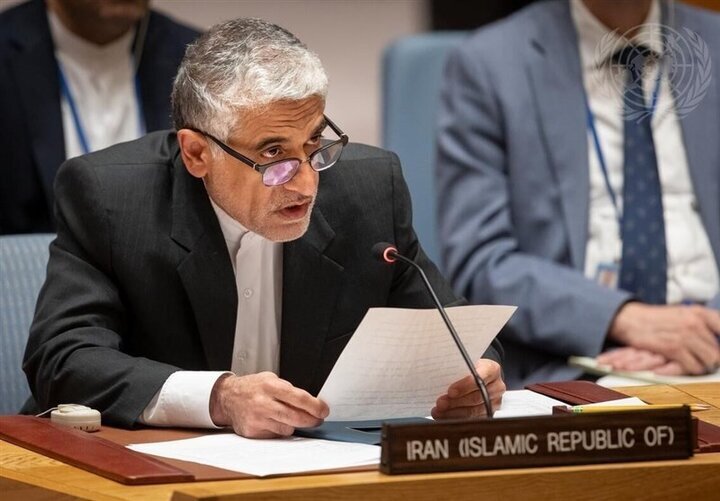ALWAGHT- Iran rejected the prospect of negotiations under “threats or coercion,” while welcoming a joint Russia-China proposal on nuclear issues as a “practical step.”
Iran’s UN Ambassador Amir Saeed Iravani rejected the recent move by Britain, France, and Germany (E3) to trigger the JCPOA snapback mechanism, calling it unlawful, politically motivated, and “null and void.” He argued that the European states, along with the United States, were the first to violate the 2015 nuclear deal and therefore lack the legal or moral authority to act against Iran.
Iravani stressed that Iran’s remedial measures have been gradual, proportionate, and within legal frameworks, while accusing the E3 of blackmail and distortion. He highlighted that Iran has consistently informed the UN of US and E3 non-compliance, pointing to sanctions, sabotage attacks on Iran’s nuclear facilities, and violations of international law that undermined diplomacy.
Despite these pressures, the envoy said Iran remains committed to dialogue but will not negotiate under threats or coercion. He warned that the E3’s actions risk escalating tensions, undermining cooperation with the IAEA, and damaging the credibility of the Security Council. Supporting a Russia-China proposal for a technical extension of Resolution 2231, he described it as a “practical step” to allow diplomacy more time.



























